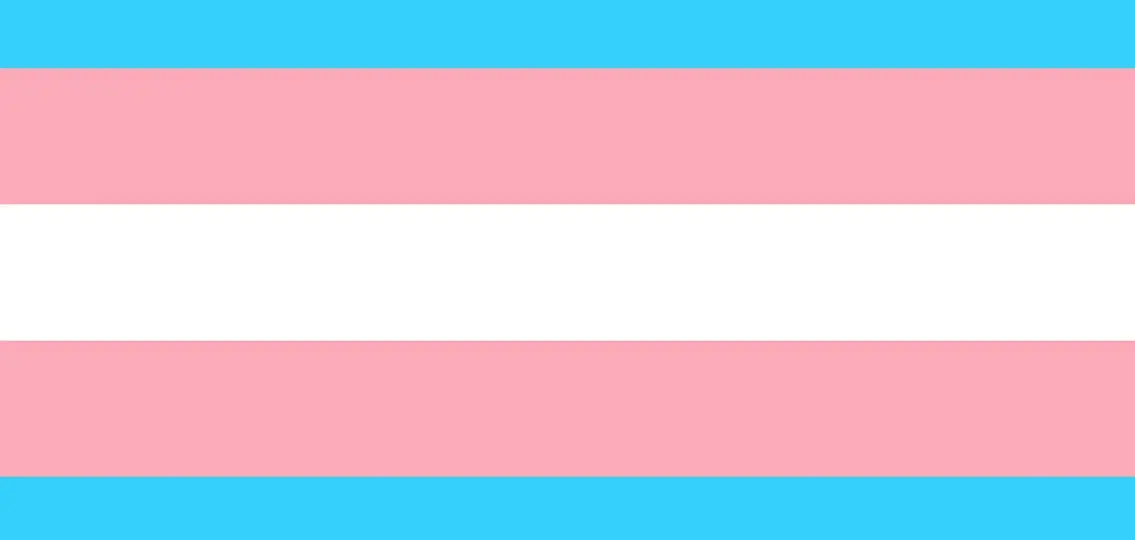Dear Your Teen:
A few of my daughter’s female friends have adopted male names (and she refers to them with the male pronoun “he”). She tells me they are transgender. Should I call these transgender friends by their male names? Should I use the pronoun “he” when talking about them?
EXPERT | Matthew Rouse, Ph.D., MSW
I’d like to take a moment up front to commend you. You demonstrate admirable openness and sensitivity by even asking this question in the first place. These are issues worth considering, for there will certainly be times when we encounter people whose sexual orientations or gender identities are different than ours. Asking ourselves such questions and taking the questions seriously will help diminish the ways we respond that could perhaps make the individual feel “less than.”
Trans Teens and Pronouns: Addressing A Pronoun Change
Now to answer the question at hand. If you are unsure of how to address them properly, it’s perfectly acceptable to ask two questions of her transgender friends:
- “Which name do you prefer to go by?”
- “Which pronouns do you prefer?”
Asking these questions gives trans teens the autonomy to self-identify without getting into too much detail. Questions about gender identity or sexual attraction are too invasive, and it may be that these teens haven’t figured it all out yet.
Further, questions about genitalia, plans to transition, or surgeries are completely inappropriate, just as they’d be inappropriate to ask a cisgender person those same questions. Once you know their preferences for name and pronouns, try your hardest to respect the way your daughter’s transgender friends want to be addressed. There may be slip-ups going forward, and that’s okay. No need to make a big deal out of the mistake—simply apologize and move on. The effort will be noticed and appreciated.




